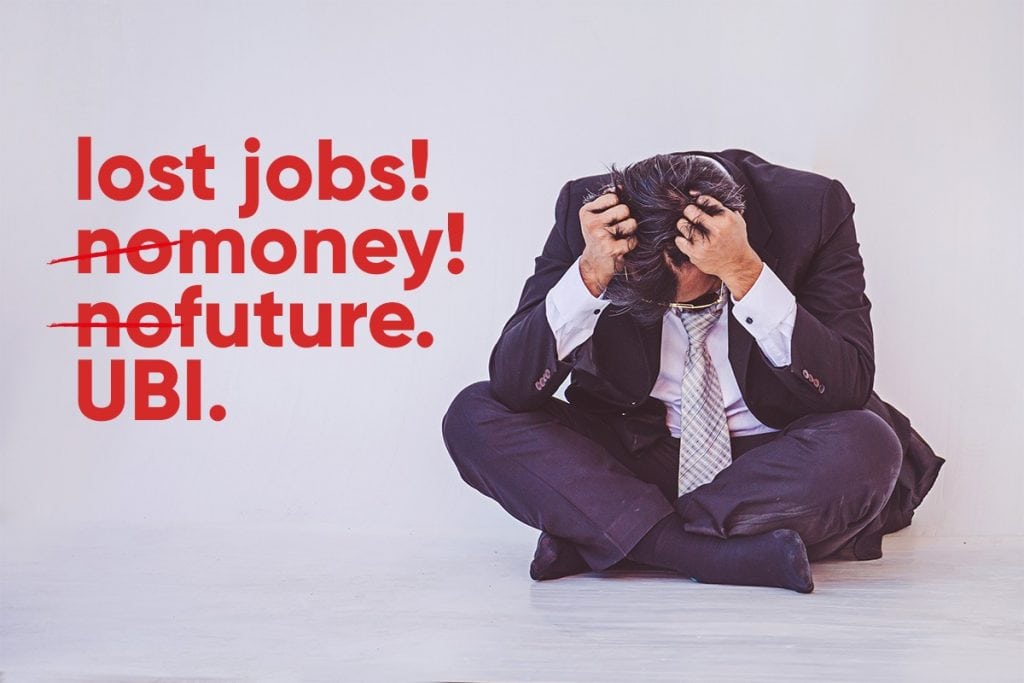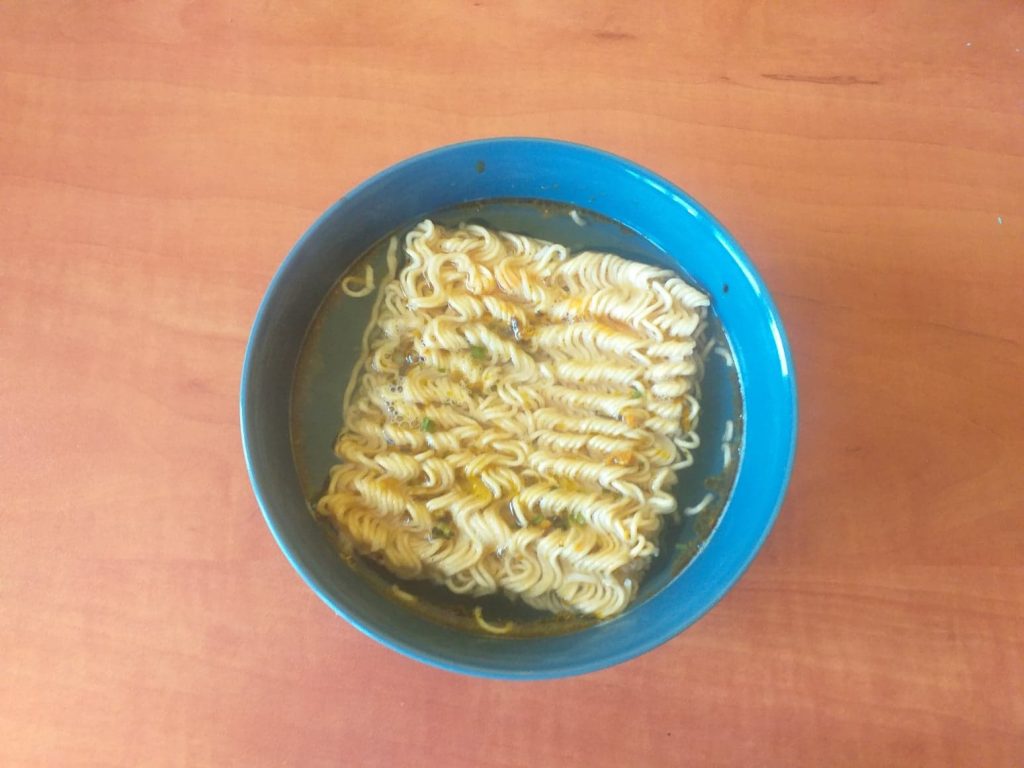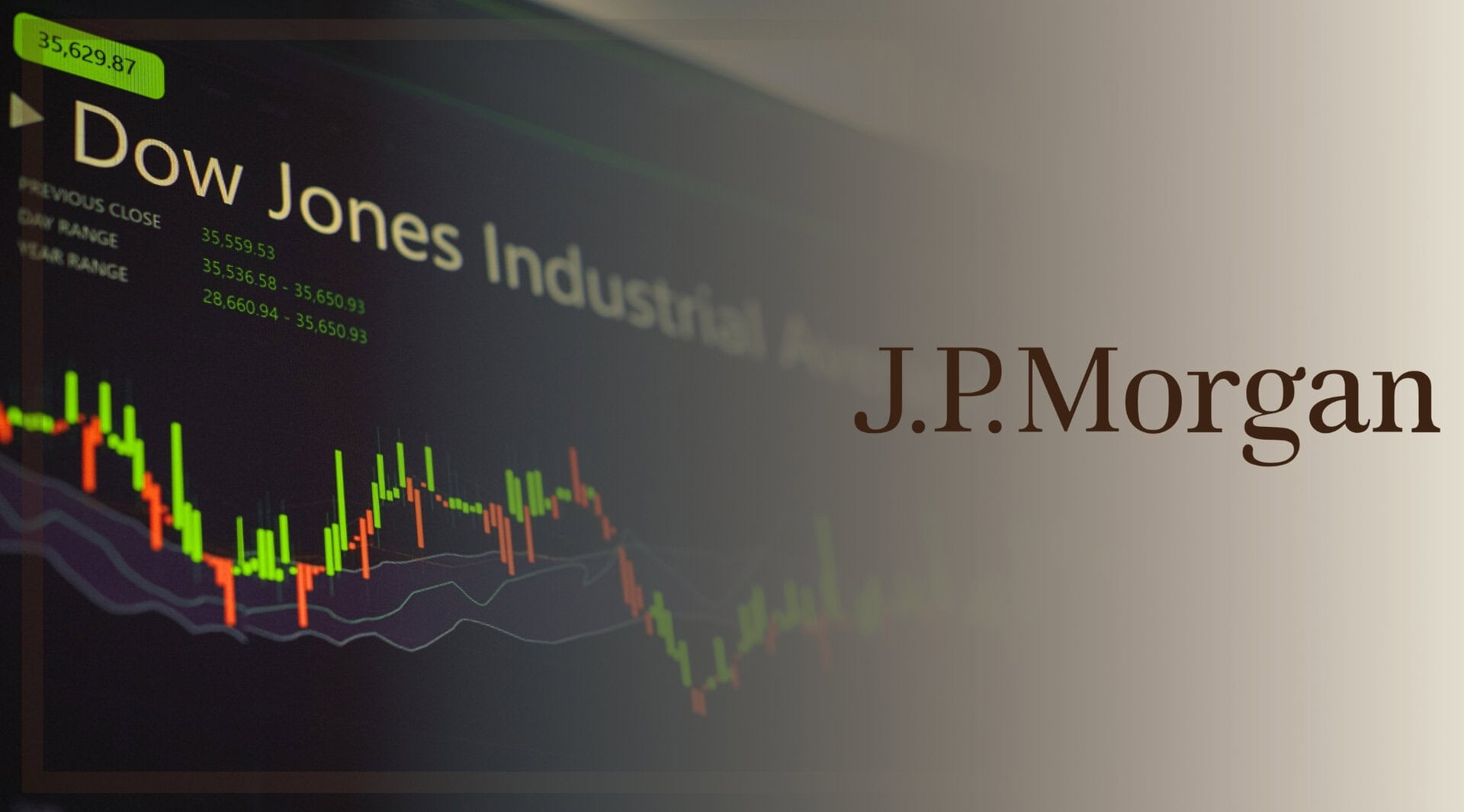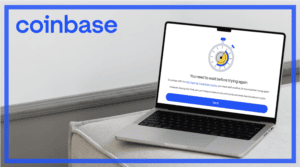There have been growing calls from around the world about the essential need for Universal Basic Income (UBI) in response to the economic paralysis caused by the government response and social panic to the novel coronavirus (COVID-19).
Today DisruptionBanking will join that call and state our case, as well as for other, further measures, that could recreate equilibriums in the supply of goods and services.
As stated by The Balance UBI is “a government guarantee that each citizen receives a minimum income. It is also called a citizen’s income, guaranteed minimum income, or basic income.”
Business Insider ran with the title “Alexandria Ocasio-Cortez demands the government distribute a universal basic income and implement ‘Medicare for all’ to fight the coronavirus” over her tweet last week.
This is not the time for half measures.
We need to take dramatic action now to stave off the worst public health & economic affects.
That includes making moves on paid leave, debt relief, waiving work req’s, guaranteeing healthcare, UBI, detention relief(pretrial, elderly, imm)
— Alexandria Ocasio-Cortez (@AOC) March 12, 2020
But the pros and cons do need to be weighed, before such drastic fiscal policy moves are taken. We called in the experts.
Philippe De Brouwer, Head of Model Risk Management and Regulatory Compliance at HSBC explained to DisruptionBanking the macro risks and rewards to UBI and that “about Universal Basic Income there are a few things that usually are forgotten, but are rather essential.”
“Firstly, it exists in more countries than you might expect. For example with the 500+ program in Poland extreme poverty is now only the bane of old people. While that is not really a universal income, it covers a large part of society. Since its introduction we have had a prosperous economy and the main effect was that more women decided to opt out of the labour market.
“There is the argument that it creates a spending buffer to keep the economy going in rough times. That is partially true, and for certain goods and services it is some help in difficult times.
“Most importantly, while this argument might make some sense for a mild crisis it can backfire in a nasty way in really rough times. The Universal Basic Income is paid out of the balance sheet of the state, and hence when we face a crisis as in 2008 (and possibly 2020), then this might cause states to bankrupt on their debt.
“From the moment that we are able to create a general AI that can replace humans at work, this AI will evolve faster than our brains can.
“There is also the universal well-being argument, that claims that people might choose to pursue art, science, or charity and be happy with the income they have. While this might be true for a minority, I expect it to create an adverse effect for the majority. We might create a class of people that have less and less ambitions and end up hiding in a virtual world. Nevertheless, the question about Universal Basic Income needs addressing. If we get the new wave of robotics right, more and more jobs will disappear. From the moment that we are able to create a general AI that can replace humans at work, this AI will evolve faster than our brains can. So, it stands to reason that in the foreseeable future, humans will have more time on their hands and would it not make sense to prepare them to live without working?”
Economics teacher of ten years Liam Higgins told DisruptionBanking that “A Universal basic income, especially in times of crisis, would act as an automatic stabilizer and have many beneficial impacts on the economy. The most important is to relieve the impact of lost income on the poorest in society. It also ensures that households are still able to consume, meaning that firms don’t see revenues dive off a cliff and are able to survive during the downturn.
“ensures that households are still able to consume
“The fiscal cost to government of acting now and providing a UBI, will be significantly lower than the costs that will be incurred if they fail to act.”
Andrew Yang, who famously centered UBI around his presidential candidacy last year in response to the rate of unemployment caused by artificial intelligence, has naturally made an appearance.
https://t.co/8YXGv51xca tens of millions of jobs impacted #MoneyForThePeople now.
— Andrew Yang🧢 (@AndrewYang) March 17, 2020
The debate has now officially passed across American political lines with Mitt Romney writing “Every American adult should immediately receive $1,000 to help ensure families and workers can meet their short-term obligations and increase spending in the economy.
“Congress took similar action during the 2001 and 2008 recessions. While expansions of paid leave, unemployment insurance, and SNAP benefits are crucial, the check will help fill the gaps for Americans that may not quickly navigate different government options.”
The Washington Examiner, The Hill, Breitbart News and countless other outlets from across the political divide have run stories recently on the subject of UBI.
“I think [the Trump Administration] should be just throwing money at people and businesses that are in the front line,” one Wall Street adviser said. “Cash has to be given out to households. Cash has to be given out to small businesses.” https://t.co/xfaCQSBa7L
— The New Yorker (@NewYorker) March 17, 2020
“critics worry that it will disincentivize work
Vox did a detailed analysis of these sorts of policies around the world and their impact last month, noting that “critics worry that it will disincentivize work, cheating economies out of productivity and cheating individuals out of the sense of meaning that work can bring. Plus, they say, it’s just plain unaffordable for the government to pay every citizen enough to live on regardless of whether they work. The evidence so far does not support these critiques, as you’ll see.”
Big players in Fintech such as Chris Skinner and Chris Gledhill were concerned that the financial implications facing some in society is growing more difficult. Skinner noted the impact of lost income on the poorest in society.
I saw a report a while ago that said 1/3 of Americans could only cover one month ahead financially … what’s going to happen now, when the world is closing for six months or more?
— Chris Skinner (@Chris_Skinner) March 17, 2020
Whilst Gledhill changed his eating habits in solidarity with those in distress. We salute you!
As a gesture or solidarity with China and Italy, the nations worst affected by the #CoronaVirus, I shall be eating mostly rice and pasta for the next 12 weeks.
— Chris Gledhill (@cgledhill) March 16, 2020
And whilst we are well aware that UBI is not a natural free-market move, we would like to point out that the free markets appear to no longer be working.
Demand is dropping faster than you can shut the front door. The physical price of gold and the spot exchange price has decoupled. Stock markets are all in free fall.
[do_widget id=custom_html-21]
Andrew Yang is right. AI, quantum computing, big data, robotics, blockchain, IoT and cloud computing are all on a relentless move to drastically change the way our societies and economies function for decades to come.

Why not use this time of mass solitude to a) provide a short-term UBI check (shore up demand) and b) educate vast swathes of the population in new technologies (create a future supply).

Adios, Champagne and Caviar
By Ignatius Bowskill-Dutkiewicz














One Response